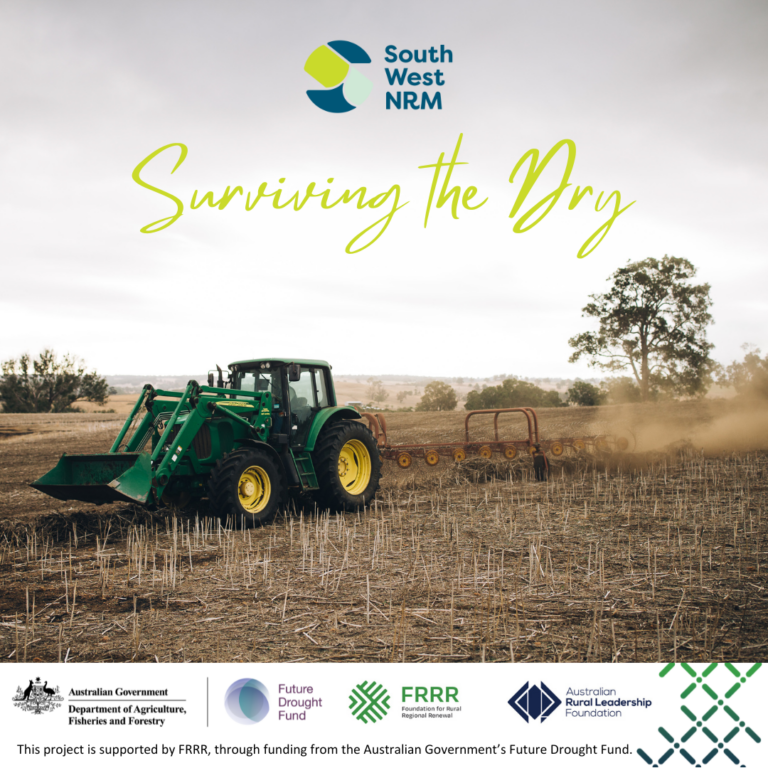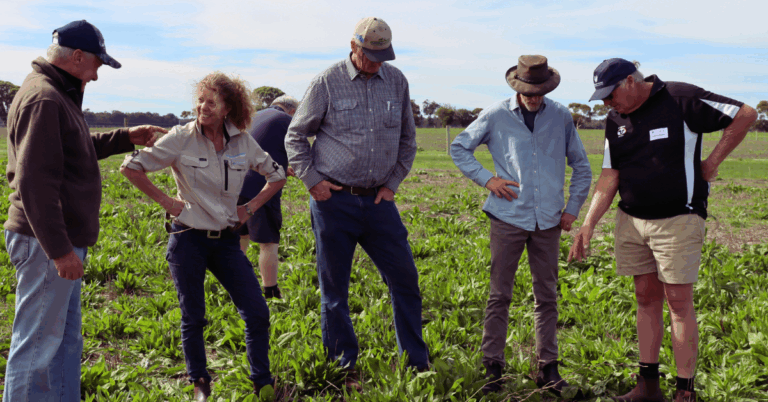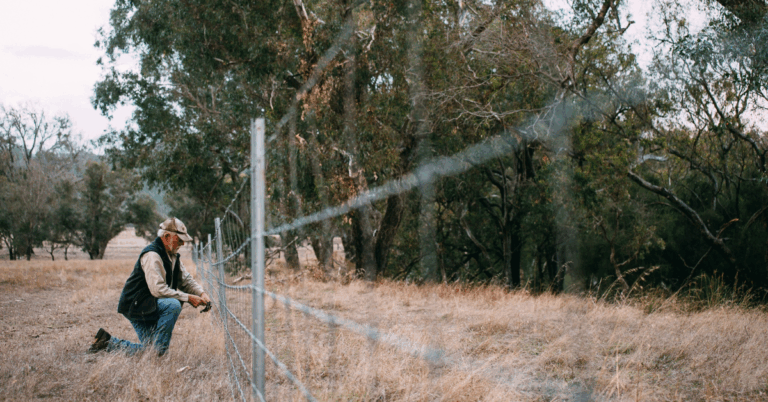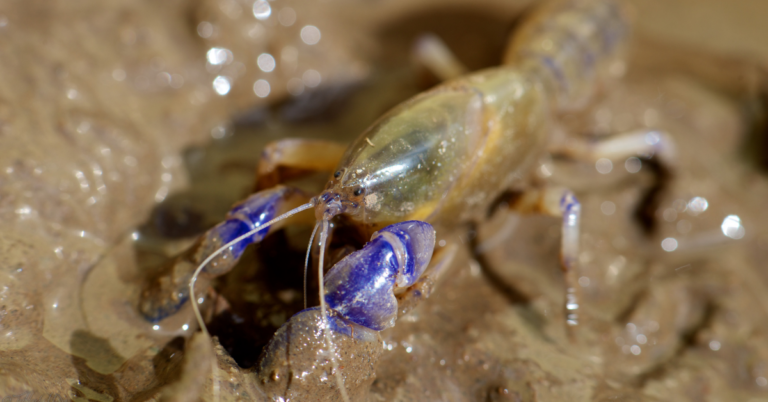
Surviving the Dry is the collective name for a series of five projects all designed to reduce the potential for community harm during times of drought by first building both social resilience.
Drought months in the South West are expected to increase by up to 80 per cent in the next 50 years, according to the region’s Drought Resilience Adoption and Innovation Hub, with less rainfall in winter and spring creating increased water demands.
South West NRM will deliver one project as well as oversee delivery of four additional projects by partner organisations. Surviving the Dry represents a total investment by the Federal Government’s Future Drought Fund of $343,000.
According to a 2018 report by Emerging Minds Australia: The big dry: The impact of drought on children and families – “Drought is insidious and devastating for the communities it affects. It has a massive impact on families, businesses, the surrounding environment, and can effect even the most resilient of individuals and communities.”
The Projects
Community Resilience Network
South West NRM – Made possible with a grant of $86,935
The Community Resilience Network will improve capability, coordination and collaboration between organisations and groups with knowledge and services, to deliver a greater collective impact.
Work on developing a Community Resilience Network will start in late 2023 with a call-out for groups and organisations to join the conversation. Broad participation will be sought and include representatives from youth, First Nations peoples, farmers, education providers and healthcare professionals.
Meetings will be held across six local government areas in the South West.
Key topics will include:
- Understanding the Impacts of Drought
- Identifying support service availability and gaps
- Drought resilience planning
The aim is to help communities start preparing for drought by identifying opportunities to share resources, find novel or creative ways to solve problems and ensure people affected feel they have somewhere to go for help when it’s needed.
Visit the project page HERE. Bookings for Workshop 4 on 14 June are now open.
Helping Boyup Brook Prepare for Drought
Blackwood Basin Group – Made possible with a grant of $40,730
Through workshops, education and the creation of resources, this project empowers local landholders – particularly the younger generation- with knowledge and skills to navigate and prepare for drought conditions.
The project will deliver:
- Three workshops on innovative land management techniques to engage the community in building drought resilience.
- ‘Accidental Counselling’ workshop to equip staff from the Boyup Brook Community Resource Centre and BBG with the knowledge and skills needed to adequately and safely support community members during times of drought.
- Flyer highlighting locally available networks, contacts and resources to help the community with drought preparedness.
- Resource booklet on resilience practices and strategies plus contact information for local support networks and organisations.
Noongar Seasonal Calendar
Goomburrup Aboriginal Corporation – Made possible with a grant of $66,000.
Through the sharing of Aboriginal knowledge on ancient drought readiness approaches and strategies, this project will build a whole-of-community response to drought planning.
Development of the A3 pictorial calendar will support development of processes that lead to innovative ideas and knowledge about Country to share with farming communities. The projects aims to generate community participation and build connections while raising awareness and acknowledgement of the knowledge and resources Aboriginal people contribute to drought planning.
The project facilitates development of a mutually-beneficial partnership between traditional ecological knowledge holders and western scientists.
The project will collect data, stories, photographs and develop language with local Elders for inclusion in the calendar, presented according to the Noongar six seasons. Elders and students from Edith Cowan University will work together as co-researchers during the data collection process.
Green Spaces Counter the Blues
Southern Forests Community Landcare – Made possible with a grant of $75,661
In recognition of the value that public and private green spaces bring to community wellbeing, Green Spaces Counter the Blues will empower residents in Manjimup, Pemberton, Quinninup and Northcliffe to create green spaces that are more suited to the drying climate. This will be achieved through a series of workshops and activities designed to strengthen social connectivity while building a more waterwise community.
Activities will deliver grassroots education and support in developing soils and gardens that are resilient to drought stress and recover more rapidly post-crisis. Based on a view that understanding must precede implementation, workshops will develop a deeper understanding of water as a resource – how the management of streamlines, wetlands, ground water resources, dams, domestic water supplies, evaporation, transpiration, groundcover and irrigation all contribute to environmental resilience.
Rivers of Thirst – Beacons of Hope
Southern Forest Arts – Made possible with a grant of $49,908
Rivers of Thirst is a series of five arts projects which will all explore drought’s impact on individual and collective health while creating connection between communities during creative participation. Communities with strong social ties fare better in periods of trauma and upheaval.
The arts projects will be co-designed by five communities across three local government areas in the Southern Forests and Valleys region and facilitated by TreeLines workshops. The resulting arts projects will include a mural, sculpture, poetry, stories, songwriting and other formers of creative expression. Creativity will be used as a tool to reimagine, reinterpret and reinforce messages of drought resilience.
Rivers of Thirst will bring together seemingly different sectors of the community to work on activities with shared vision and purpose. Arts utilise a different set of skills and models of engagement which greatly enhance social interaction.
This project is supported by FRRR, through funding from the Australian Government’s Future Drought Fund



